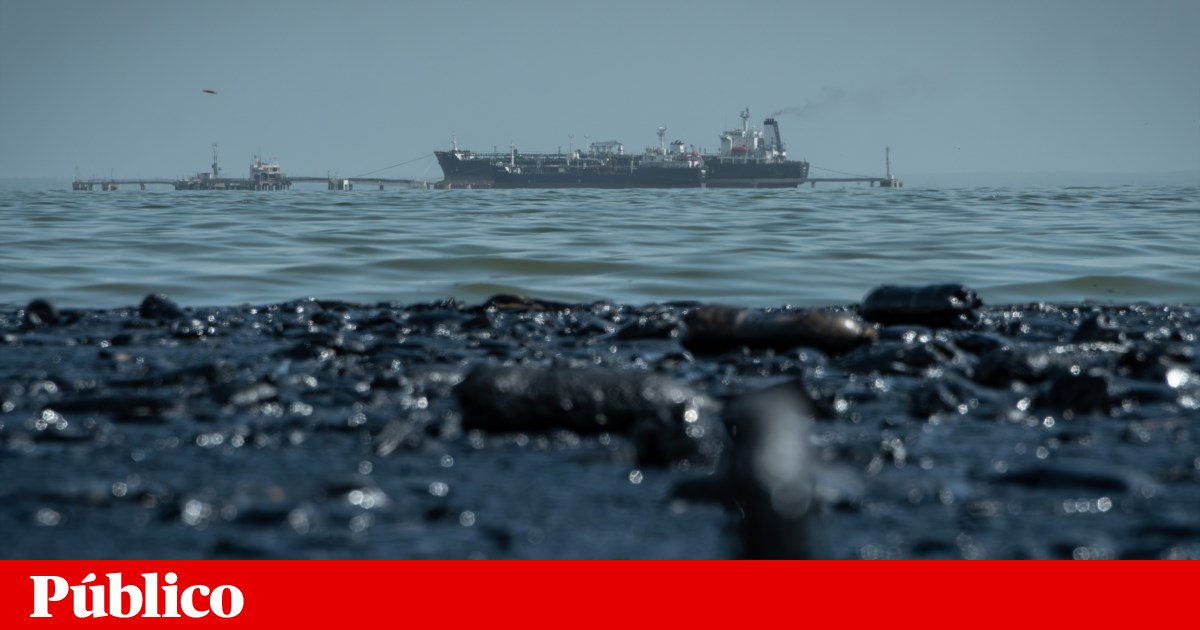On Wednesday, December 27, Venezuela's military intelligence services prevented several journalists from covering the oil spill at El Palito, one of the country's main refineries.
The complaint was filed by the National Union of Press Workers (SNTP) on the social network.
“Staff forced journalists and a photographer to clear items, including from a cell phone recycling bin, so they could leave the beach where a leak occurred in the early hours of 26 December. [de petróleo]It is a fact that worries fishermen and traders, SNTP said.
Meanwhile, a video posted on social media by a coalition of petroleum unions shows the moment a tank spilled into the waste lagoon at the El Palito refinery, in Carabobo state, about 200 kilometers west of Caracas, affecting coastal resorts in Puerto Cabello.
Despite the ban, several Venezuelan newspapers and social media users published photos and videos showing dark spots allegedly caused by the leak, and people with special equipment collecting waste.
In the photos, spots and dozens of dead fish can still be seen on the beaches of Puerto Cabello.
An aerial photo, published by the non-governmental organization Gente di Petroleo, shows the size of the spill, which is “11 square kilometers long, or about 1,500 football fields,” and which could soon reach the coast of the neighboring Falcon state. Including Morocco National Park, the association noted.
The Azul Ambientalistas Foundation noted that more than 20 oil spills were documented between 2019 and 2023, originating from the same refinery, which is part of one of the largest oil refining complexes in Venezuela.
El Palito began operations in June 1960 and currently has a maximum processing capacity of 140,000 barrels of crude oil per day.
It is run by the state-owned Petroleos da Venezuela SA (PDVSA) and, in addition to processing various petroleum products, is responsible for supplying gasoline to the country.


